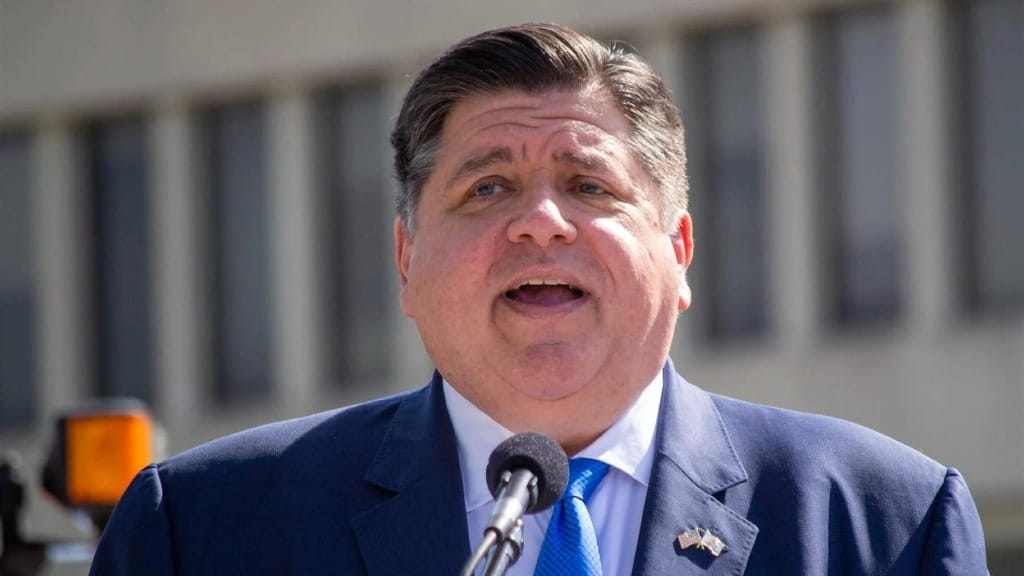NTIA Approves Four State BEAD Volume Two
NTIA approved BEAD initial proposal volume two for Illinois, Oregon, Colorado, New Hampshire and Puerto Rico.
Michael D. Melero

June 14, 2024 – The National Telecommunications and Information Administration approved the Broadband, Equity, Access, and Deployment initial proposal volumes two for Illinois, Oregon, Colorado, New Hampshire and Puerto Rico to close the digital divide.
The action gives the states access to a total of more than $3 billion aimed at providing affordable, reliable, high-speed internet service to all addresses.
U.S. Secretary of Commerce Gina Raimondo emphasized that a reliable internet connection is a necessity that facilitates access to jobs, healthcare, and education. She commended the teams at each state for creating strong plans that “ensure everyone in their states have access to affordable, reliable high-speed internet service.”
The $42.5 billion BEAD program administered by the National Telecommunications and Information Administration requires that states submit an initial proposal comprising two volumes. Volume two details how the state will administer its allocation from program, whereas volume one outlines how states will accept challenges to broadband coverage data to get a more accurate sense of which homes and businesses lack connectivity.
With the approval of the initial proposals, states may now request access to the allocations awarded to them through the BEAD program. New Hampshire is set to receive more than $196 million, Colorado $836 million, Illinois more than $1 billion, Oregon $688 million, and Puerto Rico more than $334 million.
Illinois Gov. J. B. Pritzker said that the allocation will help the state build out long overdue technology that provides reliable access to citizens and builds a stronger Illinois for all.
Puerto Rico Gov. Pedro Pierluisi added that, “these BEAD funds will make a huge difference in Puerto Rico, since they will help us ensure that our Island has the necessary broadband infrastructure, and that all our citizens have the Internet access, tech assistance and training they need and deserve.”









Member discussion